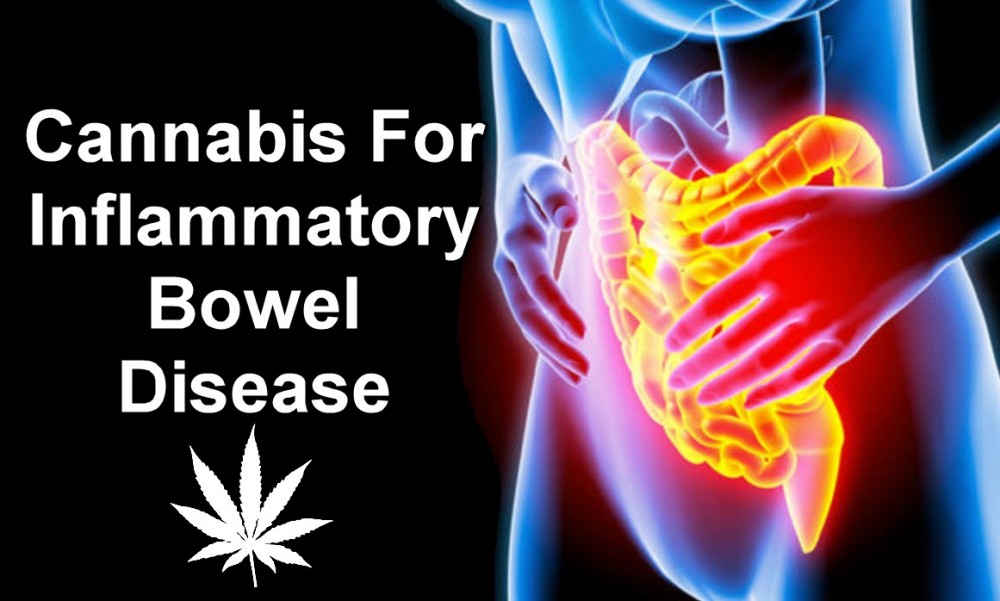
Inflammatory bowel disease (IBD) is one of the most painful and excruciating conditions. Imagine constantly suffering from pain, being unable to enjoy your favorite food, and having to go to the bathroom way too often.That’s the life of people with IBD.
IBD is a group of conditions that are all characterized by inflammation in the intestines. There are two main kinds of IBD: Crohn’s disease, and ulcerative colitis. Whereas Crohn’s disease affects any part of the gastrointestinal tract, ulcerative colitis is limited to the colon or the large intestine; sometimes both.The symptoms of IBD may vary depending on the affected part of the intestinal tract. These include abdominal cramping, diarrhea, chronic abdominal pain, constipation, diarrhea alternating with constipation, weight loss, malaise, fatigue, irregular bowel movements, sweating, fever, growth retardation, passage of mucus, and bloody stools with rectal pain (especially in ulcerative colitis).
Without proper treatment, IBD can lead to other complications such as the rupture of the bowel, internal bleeding due to the ulcers, obstruction of bowels, perianal disease, malnutrition, and a toxic megacolon. Inflammatory bowel disease, especially ulcerative colitis, also greatly increases the risk for developing colon cancer. It may even affect other organs.
Around 1.6 million Americans suffer from IBD; 780,000 of them have Crohn’s disease and the rest have ulcerative colitis. Statistics say that there are 6-15 new cases of Crohn’s disease in every 100,000 people annually.
Doctors may recommend treatment for IBD patients with the intention of stopping inflammation in its tracks, which is primarily responsible for the symptoms of this condition. Sometimes it works, but otherwise, surgery may be needed. However, the pharmaceutical drugs commonly prescribed to treat IBD come with a wide range of side effects including heartburn, stomach pain, cataracts, headaches, dizziness, kidney and liver problems, bleeding, high blood pressure, allergic reactions, increased risk for infections, peptic ulcers, hypertension, vomiting, abdominal cramps…. The list is endless.
How Cannabis Can Help
Fortunately, turning to pharmaceutical drugs is not the only choice that IBD patients have. Cannabis is already being used by IBD patients to address many of its symptoms, and help them regain quality of life.
The human body’s endocannabinoid system is responsible for controlling many functions that keep us healthy. Since we have cannabinoid receptors in the gut, consuming cannabis can have therapeutic benefits for gut disorders including IBD. A 2012 paper revealed that endocannabinoids including 2-AG and anandamide have a role to play in gut function, including gastrointestinal motility and inflammation. The researchers suggested that when the endocannabinoid system is deficient, it could cause problems such as IBD. The researcher’s findings were supported by another study, this time published in 2016, which concluded that cannabinoid signaling helps regulate function within the gastrointestinal tract.
A 2010 study published in the British Journal of Pharmacology assessed the effects of the main compounds in cannabis, CBD (cannabidiol) and THC (tetrahydrocannabinol), on animal models with colitis. The scientists induced intestinal inflammation in the rats, and examined how effective the cannabinoids were in helping to treat inflammation, then compared it to the results of the effects of sulphasalazine, a commonly used anti-inflammatory medication. They found that THC was the most beneficial in treating inflammation when given the correct dose. They also found that while CBD wasn’t as effective on its own, it supported the effectiveness of THC. The researchers also found that THC, when given in low doses together with CBD, was more effective in treating inflammation compared to high doses of only THC.
Other ways cannabis can help with IBD include:
Inflammation: Cannabis has powerful anti-inflammatory properties which can treat the root cause of IBD. A 2011 study found that CBD is effective in reducing inflammation, and that this cannabinoid is an effective anti-inflammatory agent particularly when it came to ulcerative colitis.
Pain: Pain is a common symptom of IBD, whether it’s Crohn’s disease or ulcerative colitis. More often than not, IBD patients suffer from a great deal of pain. Cannabis can be used as a safe pain management tool. Studies show that when cannabis activates the CB2 receptors, this helps block the perception of pain while reducing hypersensitivity, which helps make pain more tolerable.
Weight loss: The nature of IBD means that it’s difficult for patients to digest their food properly, what more absorb the nutrients that they need. This causes unnecessary weight gain. However, cannabis has been known to effectively induce the appetite, in a phenomenon we know as “the munchies”. In a 2012 study of 13 IBD patients, they experienced weight gain, improved their body mass index, and improved their overall quality of life after consuming medical cannabis.
Sleep: Given the inconveniences, pain, and discomfort of IBD symptoms, it’s not uncommon for many patients to suffer from the inability to sleep. Lack of proper sleep further hinders the body’s ability to heal from IBD. Certain cannabis strains do a great job at naturally promoting relaxation and restful sleep.


